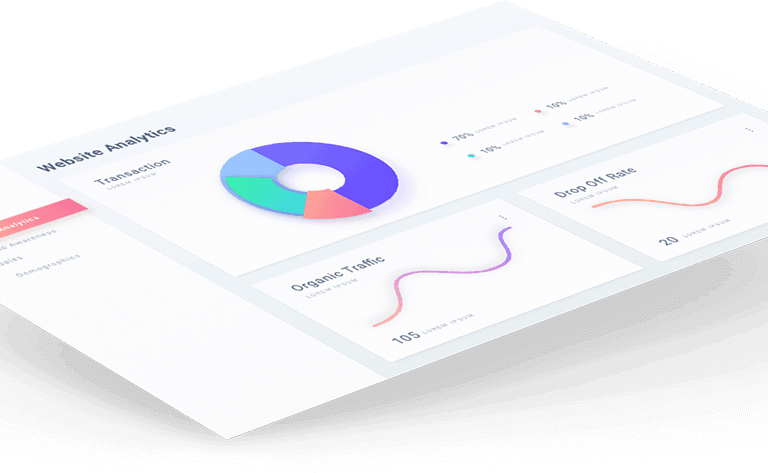FBT also know as fringe benefits tax is the manner in which employees contracted by the respective employer get to avail certain benefits, monitory and otherwise from an employer during their tenure of service with the employer.
.
Based on the requirement, an employee may include a current serving individual, a future or a past employee, including the beneficiary who works in the favour of the business or the mentioned firm.
.
Most commonly utilised fringe benefits include
- Offering discounted loans to employees
- Sponsoring health gym memberships for the employee
- Permitting employees to use a work vehicle for personal engagements
- Entertainment allowances for the employees
- Reimbursing certain type of expenses made by the employee like education fee
What’s excluded from FBT
- Employee wages
- Company shares purchased under share acquisition schemes
- Contributions pertaining to the super funds
- Employment termination payments
- Payments of amounts under Divison 7A cited dividends
FBT is different as compared to the income tax and is calculated on the taxed value of the fringe benefit.
“FBT is also applicable if the benefit is passed on by a third-party based on the agreement between the third-party and the employer.”
Types of FBT Included
- Car fringe benefits
- Car parking fringe benefits
- Entertainment related fringe benefits
- Expense payment fringe benefits
- Debt waiver fringe benefits
- Loan fringe benefits
- Housing fringe benefits
- Board fringe benefits
- Living away from home allowance fringe benefits
- Property fringe benefits
- Residual fringe benefits

.
What’s in for the Employers?
Employers that actively provide fringe tax benefits to their employees can claim an income tax benefit detection for it. Also, the said firm or business can claim GST credits for the things offered as fringe benefits.
.
How Employers can reduce their FBT liability?
Employers or businesses can reduce their FBT liability by:
- Offering employees benefits that are exempt from FBT
- Providing cash bonuses to employees
- Offering benefits to employees that are income tax-deductible
- Utilising employee contributions
Reporting and FBT payments
Generally, employers have to lodge FBT returns if they have a liability during the said year. The due date is generally announced well ahead of time. Also, employers or businesses that have registered for FBT but don’t have to lodge for FBT returns for the given year tend to apply for a notice of non-lodgement under the FBT system.
.




